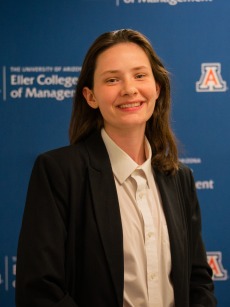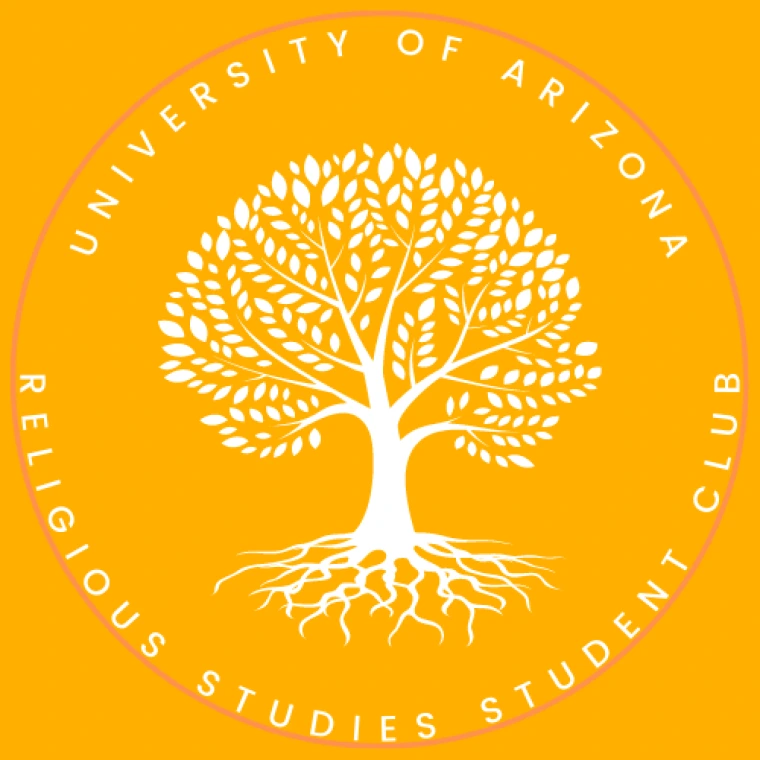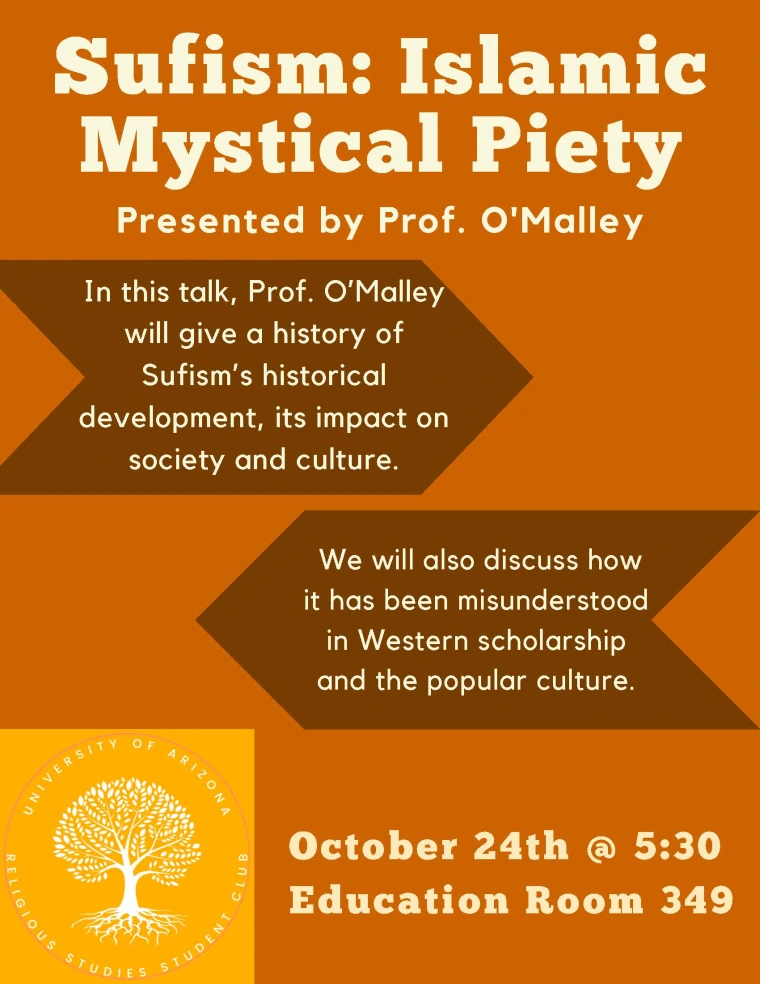Dec. 1, 2023
The Department of Religious Studies and Classics is excited to offer support to University of Arizona students (any major/minor) who would like to begin their study of Ancient Greek this winter!
GRK 101 - Elementary Classical Greek I will be available fully online during the upcoming Winter Session.
For UA students interested in enrolling in GRK 101 in Winter 2023, the Department is offering multiple scholarships for full or partial support of Winter Session tuition. To be eligible for this funding, students must commit to enrolling in GRK 102 in the Spring 2024 semester.
GRK 101 can count toward the minors in New Testament Language & Literature, Ancient Greek, the language requirement for the major in Classics, and University of Arizona general language requirements.
To apply for funding to help cover Winter 2023 tuition for GRK 101, please submit your application materials by Monday, December 4, 2023. Application materials should be submitted as email attachments to Ms. Marcela Thompson at marcelathompson@arizona.edu.
The application must include 1) a statement of application and 2) a University of Arizona transcript. Detailed instructions are as follows:
-
Please submit a statement of application, which includes the following:
- At the top of your statement, please list 1) your name, 2) your University of Arizona email address, 3) your major(s) and minor (if applicable), 4) your anticipated graduation date from the University of Arizona, and 5) a statement confirming that you have enrolled in GRK 102 for the following Spring semester.
- In 1-2 pages, respond to the following prompts:
- Describe what you find interesting about studying classical Greek. Why would you like to pursue this course of study?
- Describe your commitment and ability to devote significant time to the study of classical Greek during Winter Session.
- Briefly discuss your financial needs for tuition coverage for Winter Session.
- Note any academic strengths and qualifications you have that will help you make the most of this opportunity for intensive language study.
- Finally, please list the name and contact information of a UA faculty member who can serve as a reference for you.
-
The application also requires a University of Arizona transcript. It is fine to send an unofficial transcript.
To apply, please email all application materials listed above to Ms. Marcela Thompson (marcelathompson@arizona.edu) by December 4, 2023.
Questions? Contact Dr. Karen Seat at kkseat@arizona.edu






